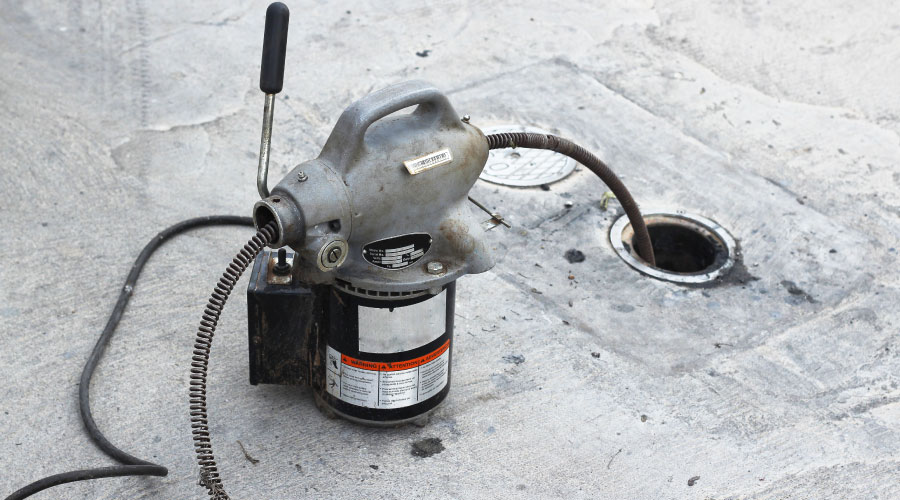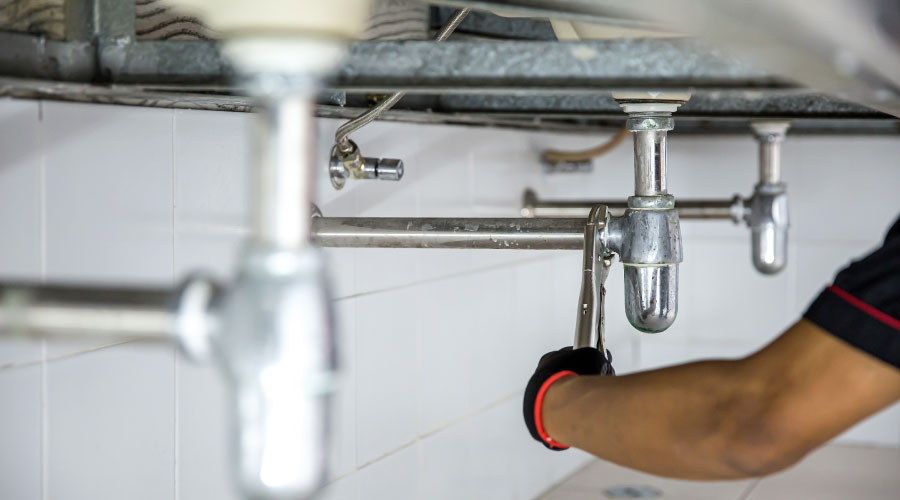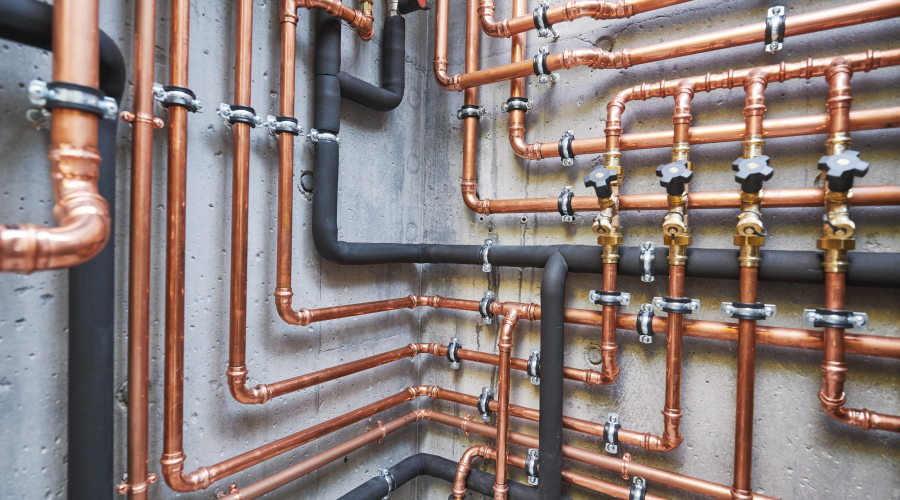Sensored Plumbing Products Reduce Restroom Touchpoints
The emergence of touchless products is, "one of the most impactful developments in the plumbing industry, and (they) have skyrocketed in demand and usage over the past decade or two," says Will Haas of Bradley Corp. "One of the obvious benefits of these fixtures is they reduce the touchpoints in the restroom. This is important because germ hotspots is a key issue for many restroom users."
Sensored plumbing products such as touchless flush valves and faucets help reduce the spread of germs, but they also can conserve water and hold down maintenance costs.
"While touchless fixtures are user-friendly and convenient for consumers, they are also easier for staff to keep in good working condition," Haas says. "The hands-free design reduces wear and tear from usage and helps discourage vandalism attempts, such as leaving a faucet running to create a mess in the restroom. Sensored faucets also work to prevent water overflows with an automatic shutoff."
When specifying products for a plumbing retrofit, managers must consider the impact that an upgrade to sensors from manual faucets and can have on the project's life-cycle costs.
"Sensor upgrades are sometimes overlooked because of (their) higher initial purchase cost," Carter says. "The majority of flush valves that have been installed over the past 20 years are manually operated. Sensor technology for flush valves has been developed to automatically flush urinals and toilets, which reduces bacteria transfer, increases restroom hygiene, and limits excess manual flushing of fixtures."
One key factor for managers to remember when specifying touchless products is to ensure the restroom is equipped with adequate power.
"If power isn't put in for faucets or flush valves, you're relegated to mechanical operation, which doesn't allow for a touch-free experience, or battery-operated, which requires battery-replacement maintenance," Haas says.
Related Topics:
















